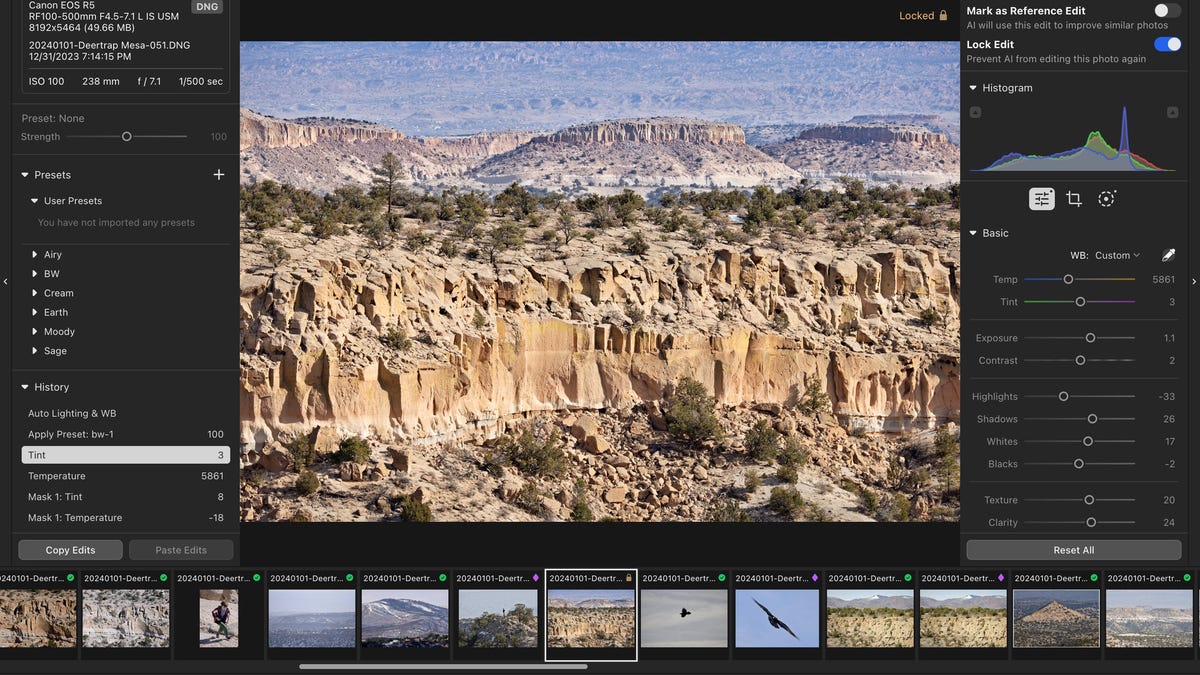TikTok is set to introduce an Election Center within its app to combat the dissemination of false information during the upcoming 2024 European Parliament elections.
In a recent blog post, Kevin Morgan, who serves as the Head of Safety and Integrity for Europe, the Middle East, and Africa, disclosed that the social media platform owned by ByteDance will establish country-specific hubs in all 27 E.U. nations. The primary goal is to assist users in discerning between truth and falsehood.
Scheduled for a March release, the tool will be accessible to TikTok’s 134 million monthly users in Europe before the bloc heads to the polls in early June. These Election Centers are designed to educate European voters about the electoral process, with videos related to elections being prominently featured and directing users to the relevant center. TikTok also highlighted its workforce of 6,000 individuals dedicated to moderating content in E.U. languages.
Morgan emphasized the collaboration with local electoral bodies and civil society groups to create trustworthy and credible spaces within these Election Centers. He stated, “This initiative is just one component of our broader strategy to maintain a creative, secure, and respectful environment for our community throughout the election season.”
Building upon previous initiatives from 2021 and last year, similar hubs were established for national elections in Greece, the Netherlands, Poland, Slovakia, and Spain.
The statement by Morgan reiterated the platform’s key focus areas during the election period, including combating misinformation, fact-checking, and promoting media literacy. Additionally, TikTok will release reports on covert influence operations to enhance transparency and combat deceptive entities attempting to influence public opinion.
TikTok also outlined its measures to prevent AI-generated content from perpetuating misinformation. Morgan mentioned, “We mandate creators to disclose any realistic AI-generated content and have recently introduced a unique tool to facilitate this process.”
In a related development, Meta unveiled its own labeling system for AI-generated content shared on Instagram, Facebook, and threads in light of the upcoming global election season. OpenAI, the creator of ChatGPT, announced its initiative to label fake imagery produced by its AI image generator DALL-E 3.
These actions come shortly after the European Commission introduced the Digital Services Act (DSA) to address online risks ahead of the June elections. The DSA guidelines, effective as of February 17, will be applicable to all social media platforms.
Speaking to lawmakers in Strasbourg, E.U. Internal Market Commissioner Thierry Breton stressed the shared responsibility of social media platforms in mitigating the impact of misinformation on election processes. Breton warned of potential hybrid attacks or foreign interference during the upcoming electoral period and emphasized the need for comprehensive measures to safeguard the integrity of the process.










